We invited Dave Logsdon, President of Veterans for Peace – Chapter 27, to share about why Veterans for Peace calls Nov. 11th, “Armistice Day.”
“After the horrific “Great War” in Europe, there was a tremendous peace movement in the US. This movement resulted in the creation and near unanimous passage of the Kellogg-Briand Pact in 1928, signed on by 85 nations. This pact outlawed war! The naming November 11th as Armistice Day came in the wake of this treaty in the 30’s. This was a day set aside to honor all who died in World War I, combatants and Non-combatants, by reflecting on the horror of war and committing to world peace.
In the 50’s, there was a push to change the name to Veterans Day, because purportedly, many WWII veterans thought of Armistice Day as a WWI remembrance only. With the name change came a gradual change in the nature of the day with an emphasis on anthems, patriotism, and growing glorification of war. Peace has been placed on the sidelines in present day remembrances.
In the early 90’s, our local chapter initiated a national movement to reclaim Armistice. One of our founding members, Steve McKeown, felt ringing bells 11 times instead of the 21 gun salute was a solemn way to honor the dead and reflect on the horrors of war. Remember that the Armistice in WWI was declared to begin at 11 AM on the 11th month and day in 1918.
Bell ringing has been a powerful tradition both in our local chapter and nationally. We ring our bells, some made by our members, not only at our annual Armistice Day ceremony at the wonderful Memorial on Victory Park Drive, but on Memorial Day and at the wakes of VFP members and fellow peacemakers. Many churches have also started and continued ringing church bells in remembrance.”
On Saturday, November 11th, 2023, Veterans For Peace will conduct its yearly Armistice Day remembrance service by ringing bells at 11:00 am honoring the Armistice which was signed on November 11, 1918 which was to be the war to end all wars.
This year they will gather at the World War 1 Victory Memorial Monument on Victory Memorial Drive (45th Ave N & Victory Memorial Drive-where Xerxes crosses) at 10:30 am.
All are welcome.
We invite you to explore and learn more about the Veterans for Peace - Chapter 27 by visiting their official website.

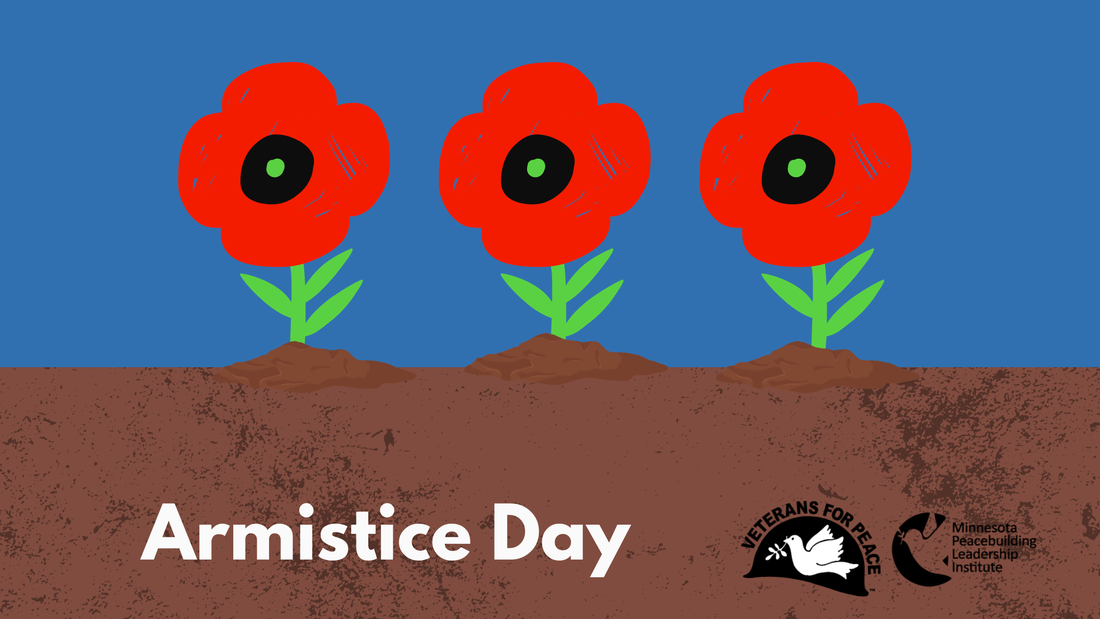
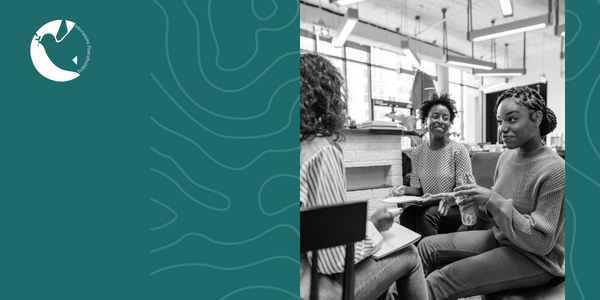
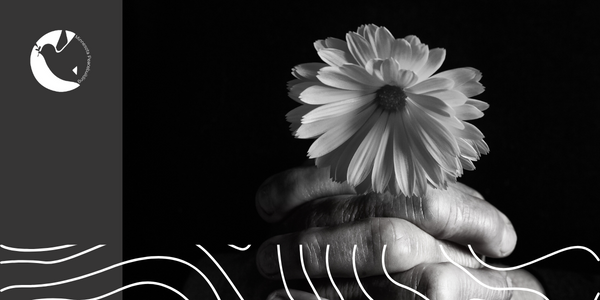
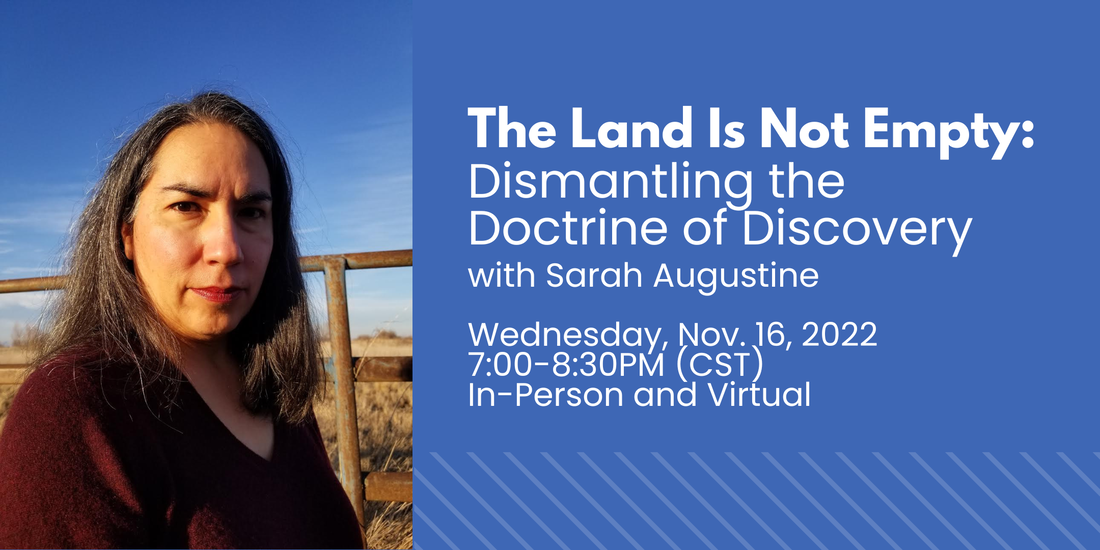

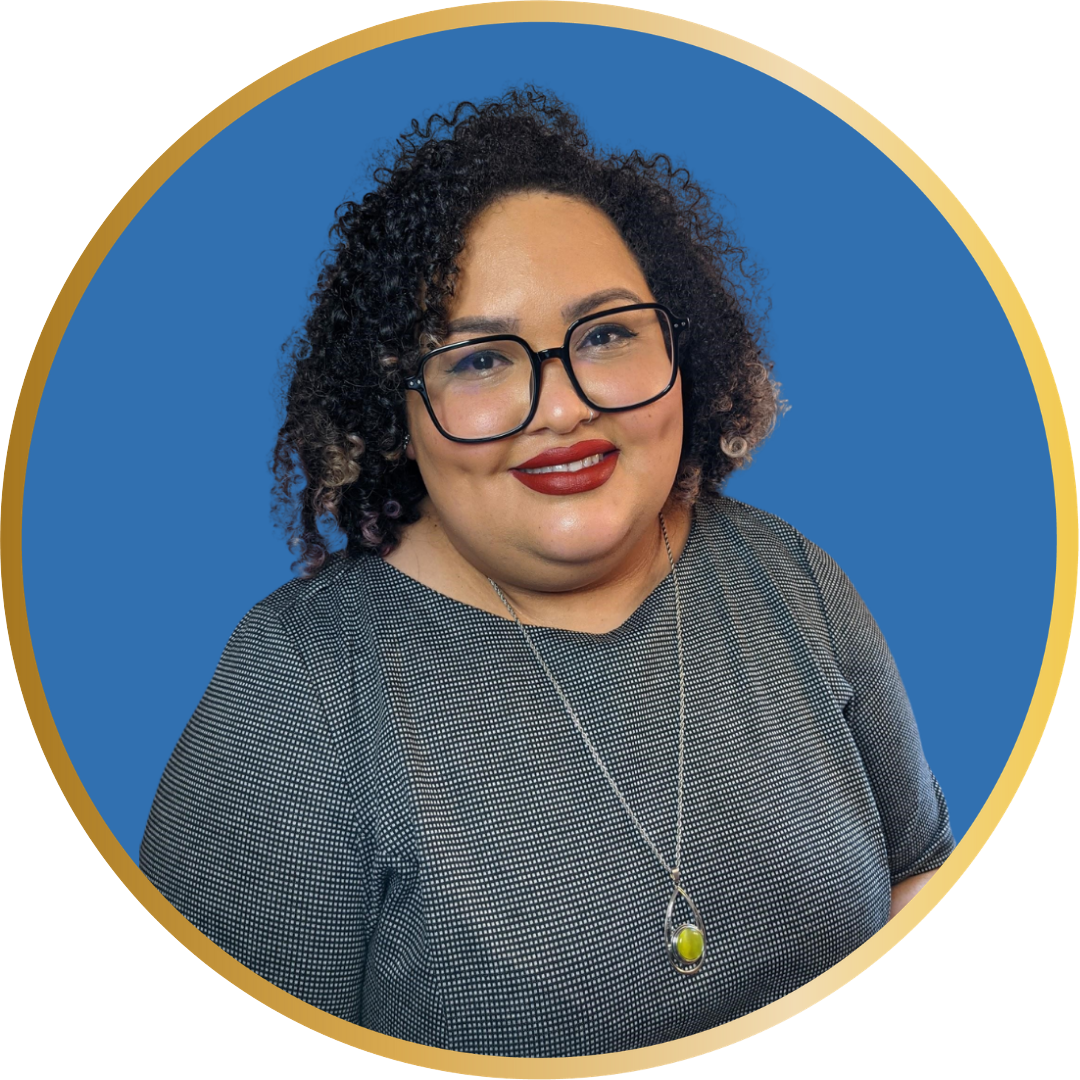
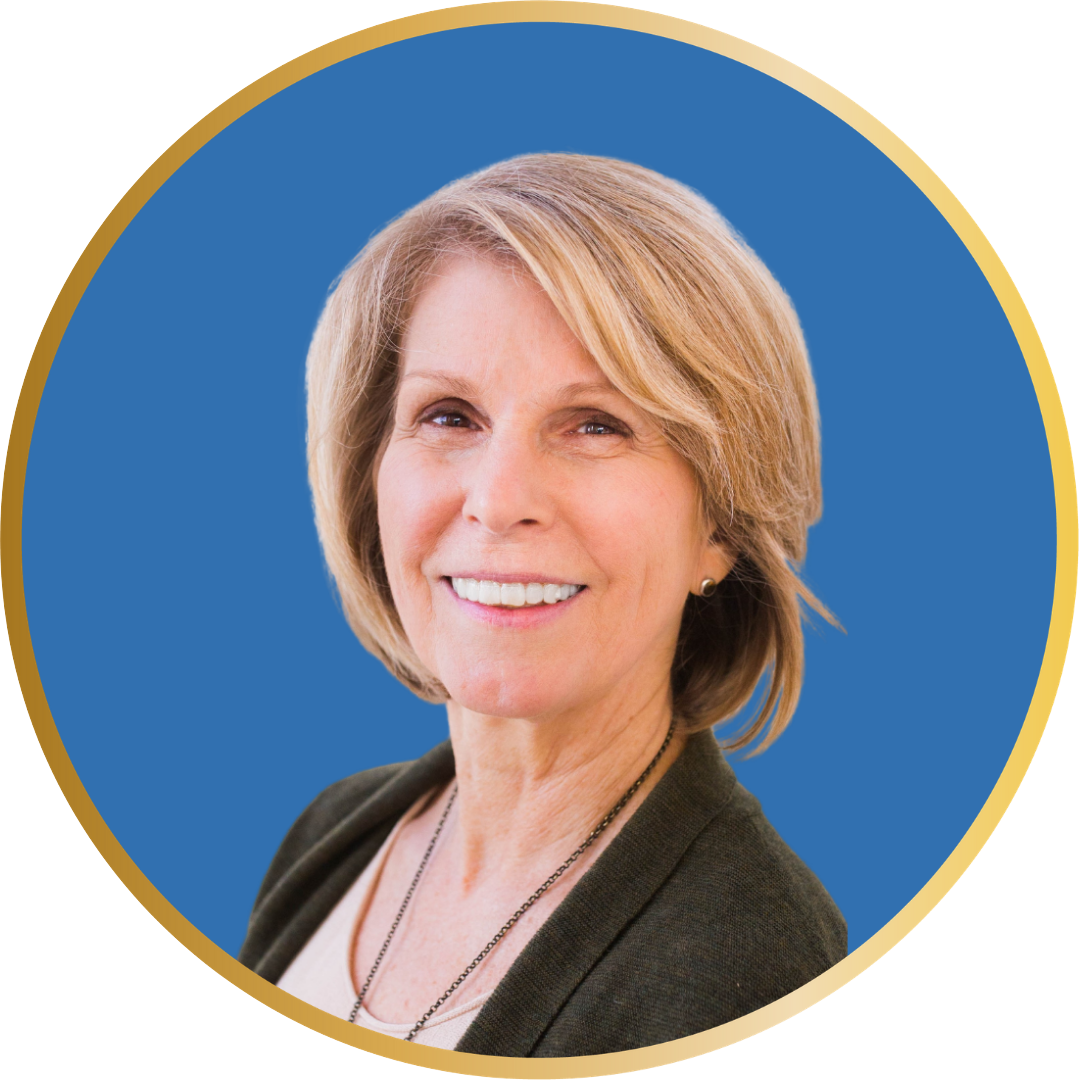
 RSS Feed
RSS Feed